We create value by protecting environment and conducting pro-ecological projects for companies, local governments and private customers.

We find savings, we obtain grants and funds. Our speciality is electrical and heat energy costs optimization as well as solar energy and wind energy.

Support for companies in financing investments, research and implementation of new technologies. We connect science with industry.
Read more...


Multidirectional searching of savings and optimization of energy cost is our area of expertise.
Read more...


Energy efficient, professional and esthetic lighting systems - design, implementation, service.
Read more...


Innovative technologies are the key to the development of the company. We assist in obtaining new technologies for entrepreneurs.
Read more...


Energy-saving, functional, original and comfortable building – industrial and individual projects.
Read more...


Support for Investment
Professional Solutions
Future Energy
Energy efficient
 Technological credit provides an additional opportunity to obtain financing for innovative investments, and thus gain real influence on the development of the company.
Technological credit provides an additional opportunity to obtain financing for innovative investments, and thus gain real influence on the development of the company.
The subject of technological credit can be purchase and implementation of new technologies or implementation of new technologies and launch the production of new or significantly improved products, processes or services. "New technology" is here understood as a technology in the form of industrial property rights or research and development services, or technical knowledge, which allows the production of new or significantly improved products, processes or services and is not used in the world for more than 5 years.
Technology Credit can not be granted for the purchase, lease or rental of an asset, in which a new technology (which is the subject of technological investment) was implemented.
Technological credit can get a company which meets the criteria for micro, small or medium business and having sufficient creditworthiness.
The amount of aid, which is part of a technology bonus, calculated on the amount of eligible costs of investment, varies from region to region and company size, in accordance with the ceilings set by the regional aid map. The amount of technological bonus ranges from 40 to 70%, but not more than 4 million PLN. The own contribution of the entrepreneur is at least 25% of eligible costs. There is no limit to the amount of technological credit, and to the amount of total investment costs (as the maximum threshold is 50 million euros).
The technological credit we can finance:
Please note that credit primarily technological rewards creativity and ingenuity of entrepreneurs, and is not involved in the financing of innovative technologies already implemented. Innovation in a loan must be initiative and idea entrepreneurs.
We encourage you to for the funds of the Technology Credit. Our specialists for your company:
If you are interested in obtaining the technological credit for your company, please contact us.
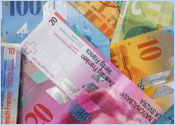 On the 20 December 2007 Minister of the Regional Development Elżbieta Bienkowska signed an agreement on implementing Swiss-Polish Cooperation Program. This program is a form of non-repayable assistance granted by Switzerland to Poland and other 9 Member States of the European Union, which joined the EU on 1 May 2004. Signing this document means allocating more than 1 billion Swiss francs for the ten new Member States. Almost half of this assistance (approximately CHF 489 million, or about 310 million euros) will be allocated to support for our country. The Swiss aid goal is to reduce socio-economic disparities existing between Poland and the developed EU countries and also differences on the territory of Poland - between urban centers and poorly developed regions. Starting Swiss-Polish Cooperation Program is planned for the second quarter of 2008
On the 20 December 2007 Minister of the Regional Development Elżbieta Bienkowska signed an agreement on implementing Swiss-Polish Cooperation Program. This program is a form of non-repayable assistance granted by Switzerland to Poland and other 9 Member States of the European Union, which joined the EU on 1 May 2004. Signing this document means allocating more than 1 billion Swiss francs for the ten new Member States. Almost half of this assistance (approximately CHF 489 million, or about 310 million euros) will be allocated to support for our country. The Swiss aid goal is to reduce socio-economic disparities existing between Poland and the developed EU countries and also differences on the territory of Poland - between urban centers and poorly developed regions. Starting Swiss-Polish Cooperation Program is planned for the second quarter of 2008
The projects which can be supported:
Switzerland has allocated for Poland a total amount of 489 million Swiss Francs.
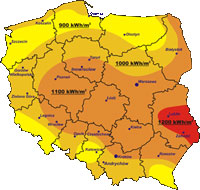
Solar energy is considered the richest and one of the most promising sources of renewable energy on Earth. Its use brings significant economic and environmental benefits. However, the availability of this source depends on local weather conditions, on a daily and annual cycle of the Sun.
The amount of power that reaches us in the form of sunlight is measured by the so-called designation the density of solar radiation. The density of solar radiation for Poland is located within the range 950 - 1250 kWh/m2. These values are similar to the values achieved in Germany or northern France and larger than, for instance, in Denmark or Sweden, where solar energy is successfully transformed into electricity and heat.
The use of solar energy can let us save up to 70% of the cost of heating hot water. In winter when using central heating, the solar energy can cover up to 60% of the cost of traditional energy. Additionaly, the use of solar energy in households lets you get some independence from external suppliers of energy as well as effectively protects you from the aftermath of increasingly higher prices of other energy sources. There is also the possibility to convert sunlight into electricity by using photovoltaic cells. This technology can be successfully applied in cases of electrical power installation of information and warning alarm system (traffic lights, railway lights, road lights, aviation lights, marine lights, control and automation systems, telephone booths, land and sea radiobeacons, beacon buoys, lights on the tops of towers, chimneys, tall buildings, mountains), as well as in cases of electrical power installation in communication systems (such as portable and fixed radio and television transmitters and receivers, relay stations, cellular telephony).
It is assumed that the price of crude oil, natural gas and coal will be increasing and the Polish market does not have relatively cheap energy from nuclear power stations. The situation gets even more complicated because of the release of prices of traditionally generated energy. Considering all the above assumptions solar installations become very competitive form of investment, with high rates of depreciation and the growing rate of costs reimbursement.
There is a possibility of co-financing of investments, which will let to obtain 15 - 20% share of renewable sources in energy production, what is compatible with the latest recommendations of the European Commission. EU grants for the years 2007 - 2013 under the Operational Program Infrastructure and Environment include the amount of 37.6 billion euros (about 42 % of the total resources of cohesion policy in Poland), and over 880 million euros of this amount is allocated directly for actions related with RES (Renewable Energy Sources).
Our offer:
If you are interested in using solar energy and raise funds for the above investment, please contact us.
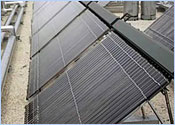 Solar collectors are used to convert directly sunlight to thermal energy. The efficiency of conversion depending on the type of installation can reach even up to 90%. Thus, conversion of solar radiation into thermal energy in solar collectors is the most efficient process.
Solar collectors are used to convert directly sunlight to thermal energy. The efficiency of conversion depending on the type of installation can reach even up to 90%. Thus, conversion of solar radiation into thermal energy in solar collectors is the most efficient process.
Depending on the type of application collectors can be used to heat air, water or other fluids, which provide the heat for further use. The most common solar panels on the market are flat and pipe solar panels. Flat collectors are characterized by simple construction and low price. The newer generation of panels are vacuum pipe solar collectors. They are increasingly popular on the market and therefore they crowd out, so far used, flat collectors. Through the use of vacuum insulation, the collectors work more efficiently throughout the year and can be used to support low-temperature heating systems. Installation simultaneously of solar photovoltaic systems in order to power the pumps allows to obtain a completely free and ecological energy which can be used eg. for heating water.
The use of solar collectors:
A properly constructed solar installations can cover up to 75% of the annual demand for energy needed to heat the water. In addition, such plants do not emit carbon dioxide and are independent of increases of energy prices.
ENIS - Energy and Environment offers a comprehensive and professional support for investment with the use of solar energy for heat production:
If you are interested in using solar energy for heat production and raise funds for the above. investments, please contact us.
 The system of preferential loan funds for small and medium-sized enterprises is one of the functioning forms of support the development of entrepreneurship in Poland.
The system of preferential loan funds for small and medium-sized enterprises is one of the functioning forms of support the development of entrepreneurship in Poland.
Preferential loans are intended primarily to finance investments related to the conduct and development economic activities, protection of the environment, as well as, depending on the region of Poland, loans may also be designated for the company's assets. Activities financed with the use of preferential loans should contribute to the creation of new jobs and strengthening the capacity of companies and enterprises by increasing their innovation and competitiveness.
The incentive to apply for preferential loans are competitive terms of getting it, comparing to commercial banks. Depending on the region:
Therefore, our specialists for your business:
If you are interested in obtaining for your company or enterprise loans on preferential terms, please contact us.
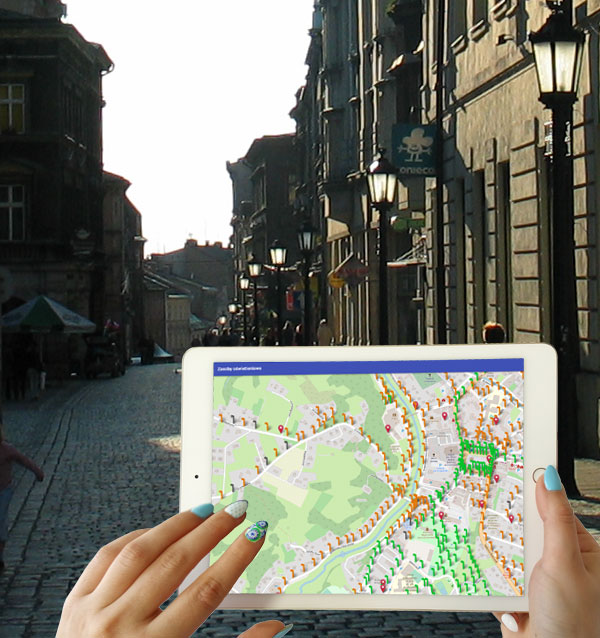
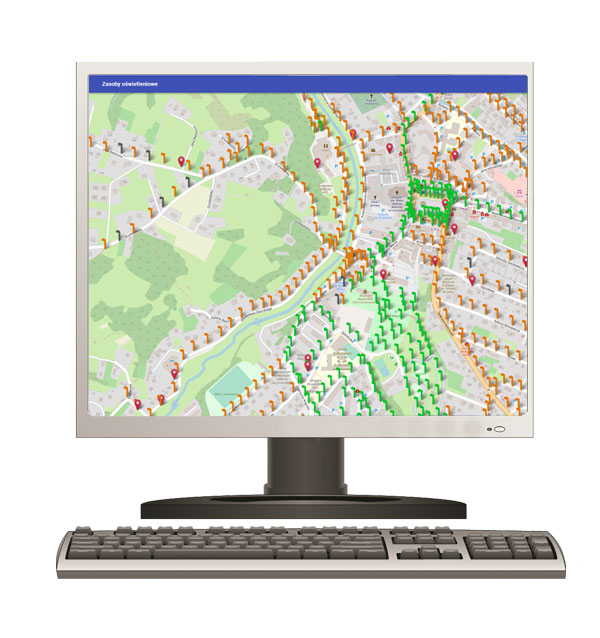
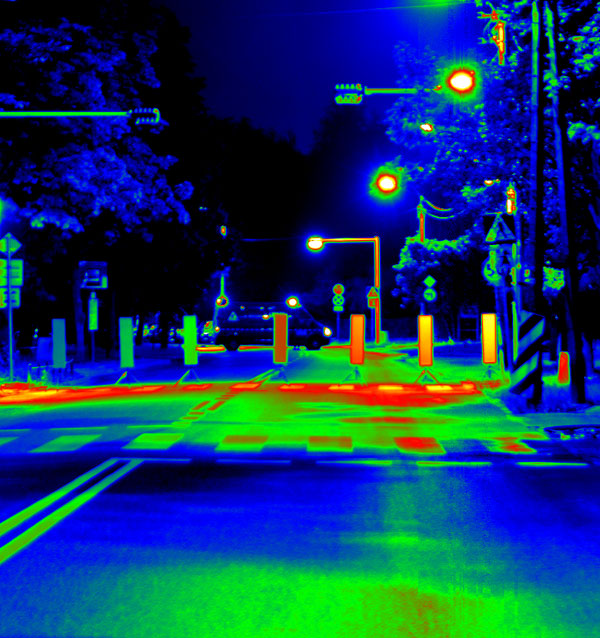
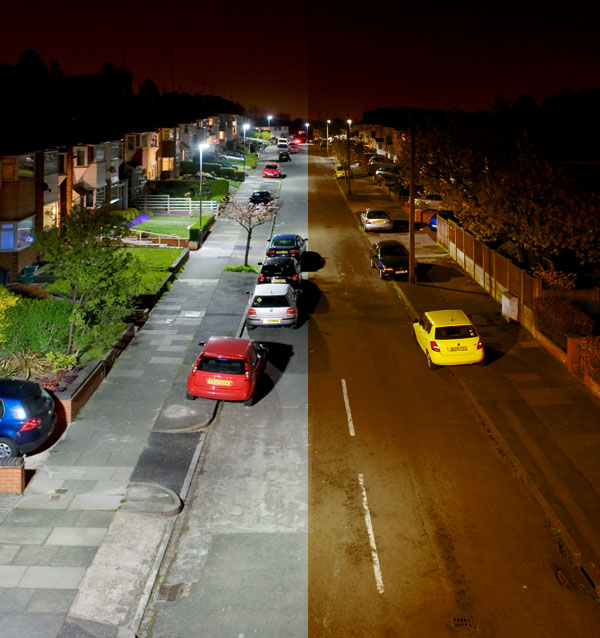
 We encourage you to familiarize yourself with the project "Safe crossing for Pedestrians", aimed at improving road safety.
We encourage you to familiarize yourself with the project "Safe crossing for Pedestrians", aimed at improving road safety. ENIS Sp. J.wykorzystuje pliki cookies, tylko i wyłącznie w celach statystycznych i dostosowania serwisu do indywidualnych potrzeb użytkowników. Możesz zmienić ustawienia służące do obsługi cookies w przeglądarce internetowej. Jeśli kontynuujesz przeglądanie naszych stron bez zmian tych ustawień, przyjmujemy, że wyrażasz zgodę na użycie tych plików.